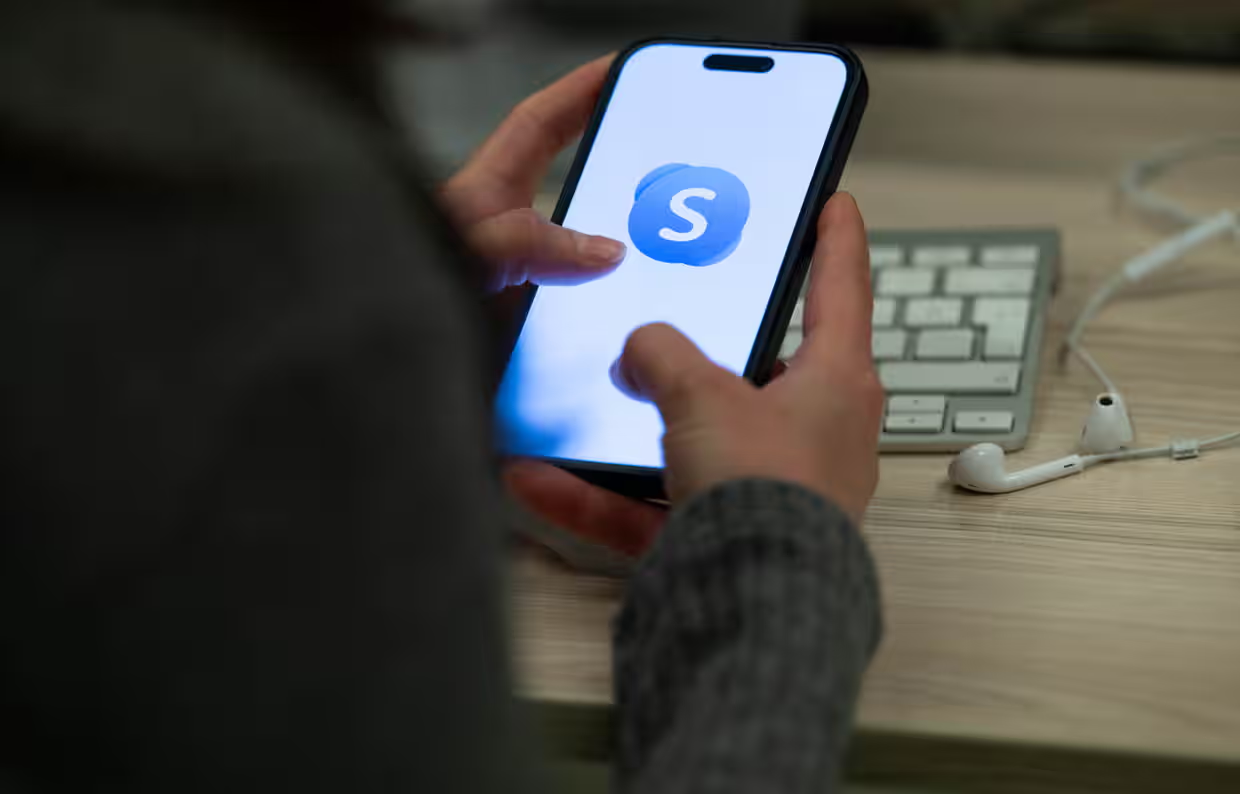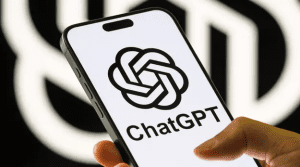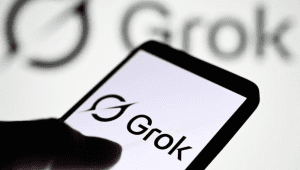As Skype shuts down, it marks the end of a digital era that shaped online intimacy and long-distance connections for a generation.

The Digital Disconnect – Farewell to a Video Pioneer
The iconic platform, known for its early role in digital connection, will merge its data into Microsoft Teams, ending an era of virtual conversations that defined the 2010s. This transition signals a shift in how we connect online, moving away from standalone apps to more integrated ecosystems.
A Legacy of Connection and Innovation
Launched in 2003, Skype was a pioneer in video and voice calls, reshaping the way we communicated globally.
It bridged long distances, connecting friends, families, and businesses through a simple, free platform. It became a staple for international relationships and a vital tool for remote work. Its ringtone became an unmistakable digital signature, echoing in countless living rooms, offices, and dorm rooms.
The Rise and Fall of a Digital Icon
Skype’s influence peaked in the 2010s, making virtual meetings and digital connections mainstream. However, as competitors like Zoom, WhatsApp, and Microsoft Teams surged in popularity, Skype’s relevance faded. Its design, once innovative, began to feel clunky in a fast-evolving market. The platform struggled to adapt to changing user expectations, leading to its decline.
The Future of Online Communication
With Skype’s shutdown, a chapter in digital history closes.
The focus now shifts to platforms that offer seamless integration, enhanced security, and AI-driven experiences. As the digital landscape evolves, the next wave of communication tools will redefine how we connect, collaborate, and create.
A Final Call – Remembering Skype’s Impact
For a generation, Skype represented a lifeline to loved ones and a bridge to distant places. As it fades into digital history, its legacy as a trailblazer in online communication will be remembered.















Comments are closed.